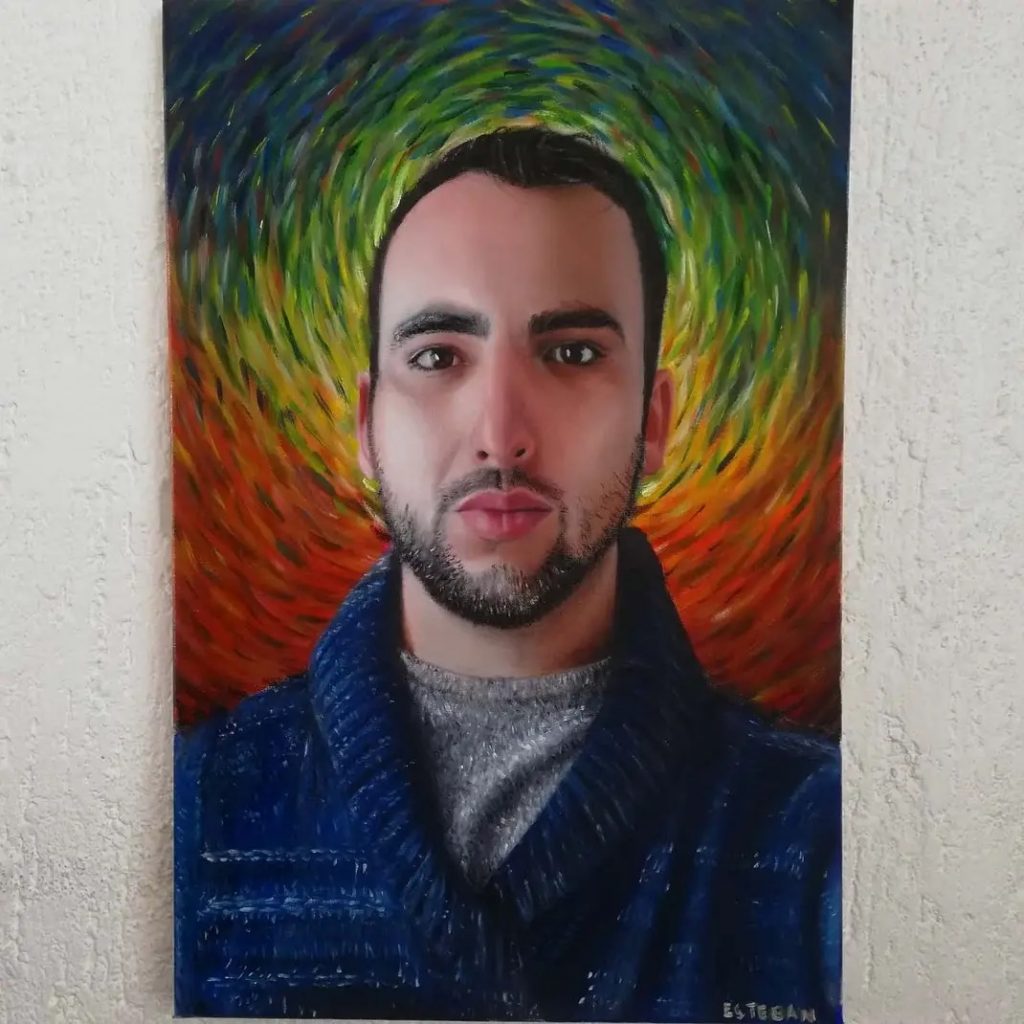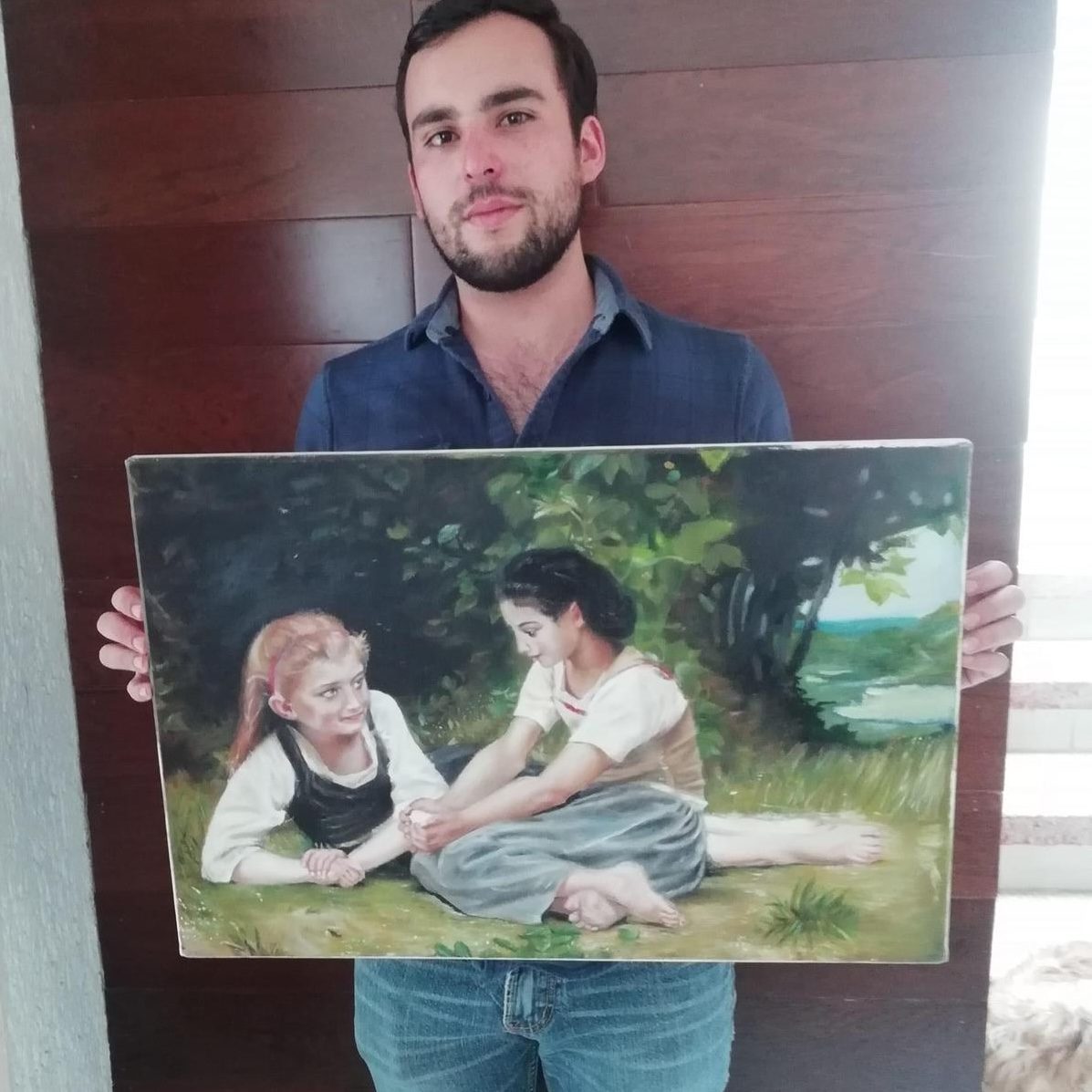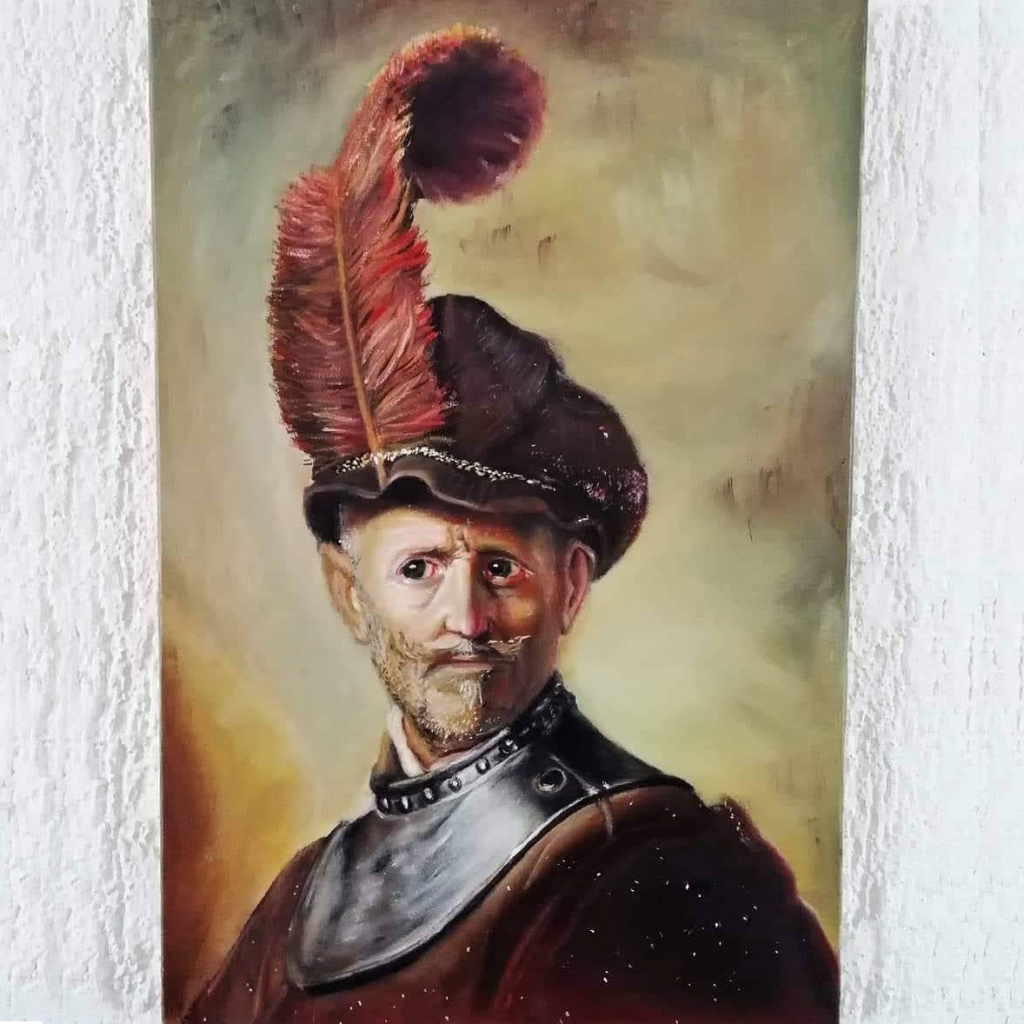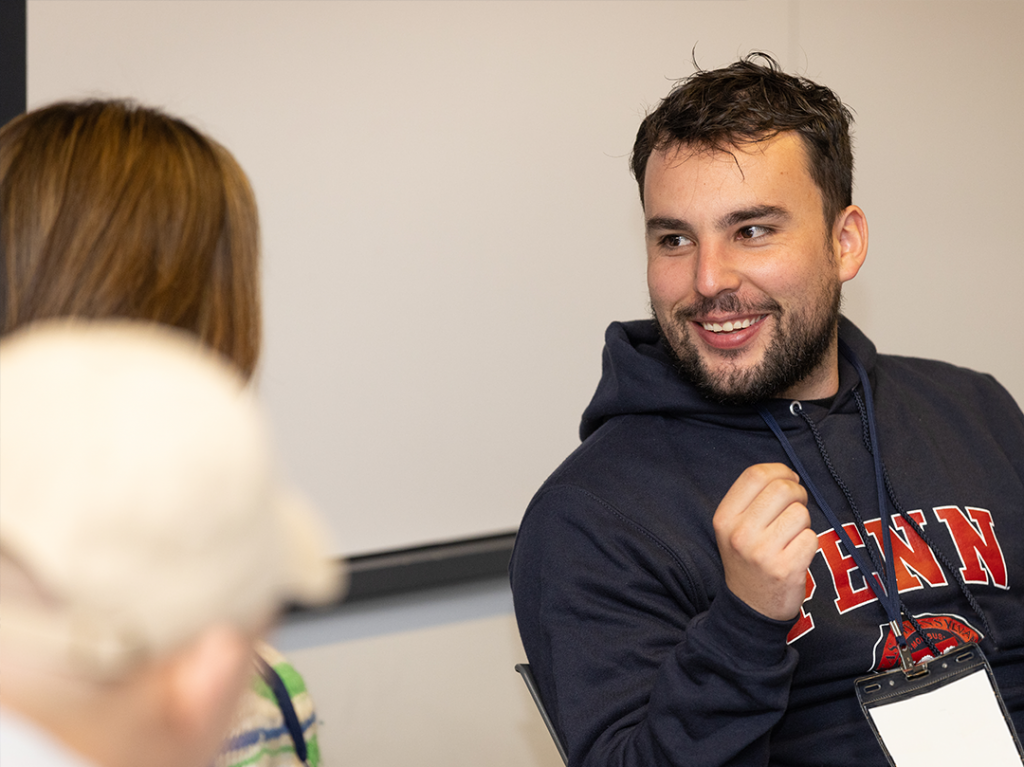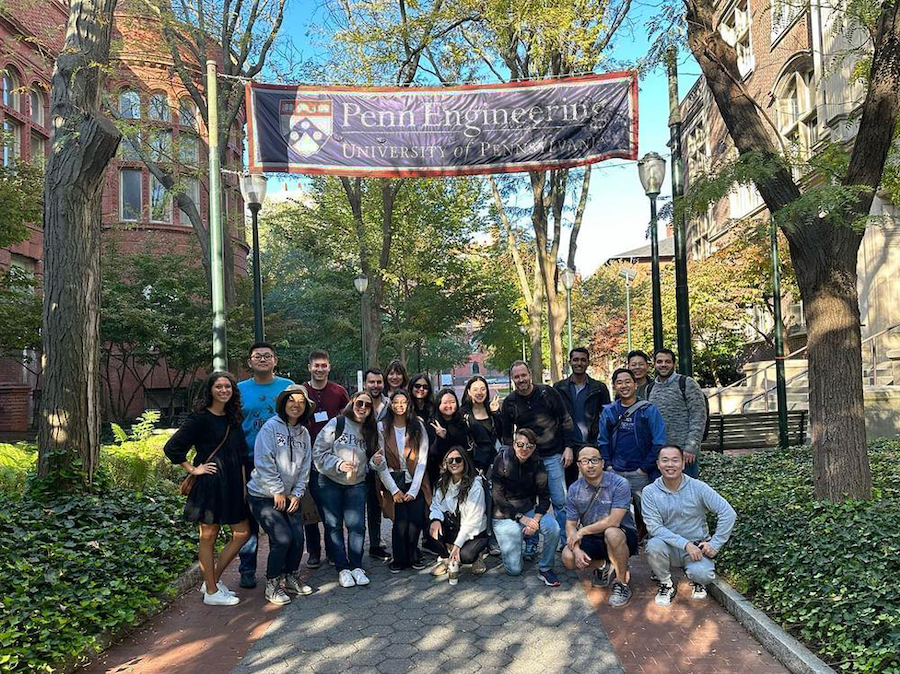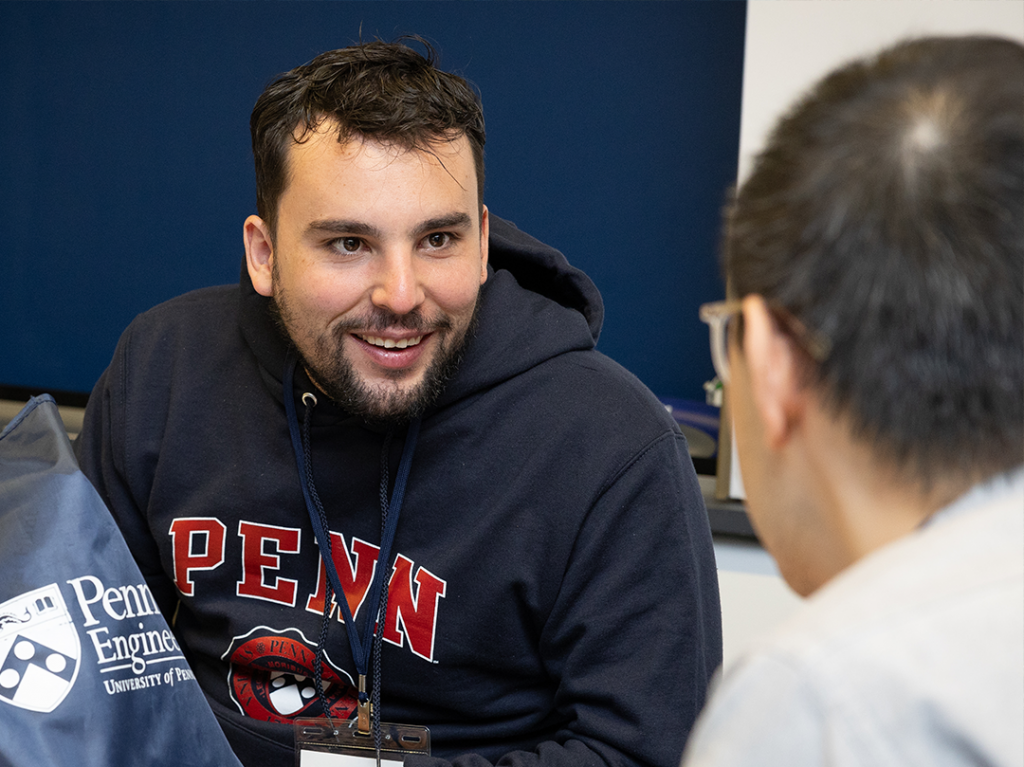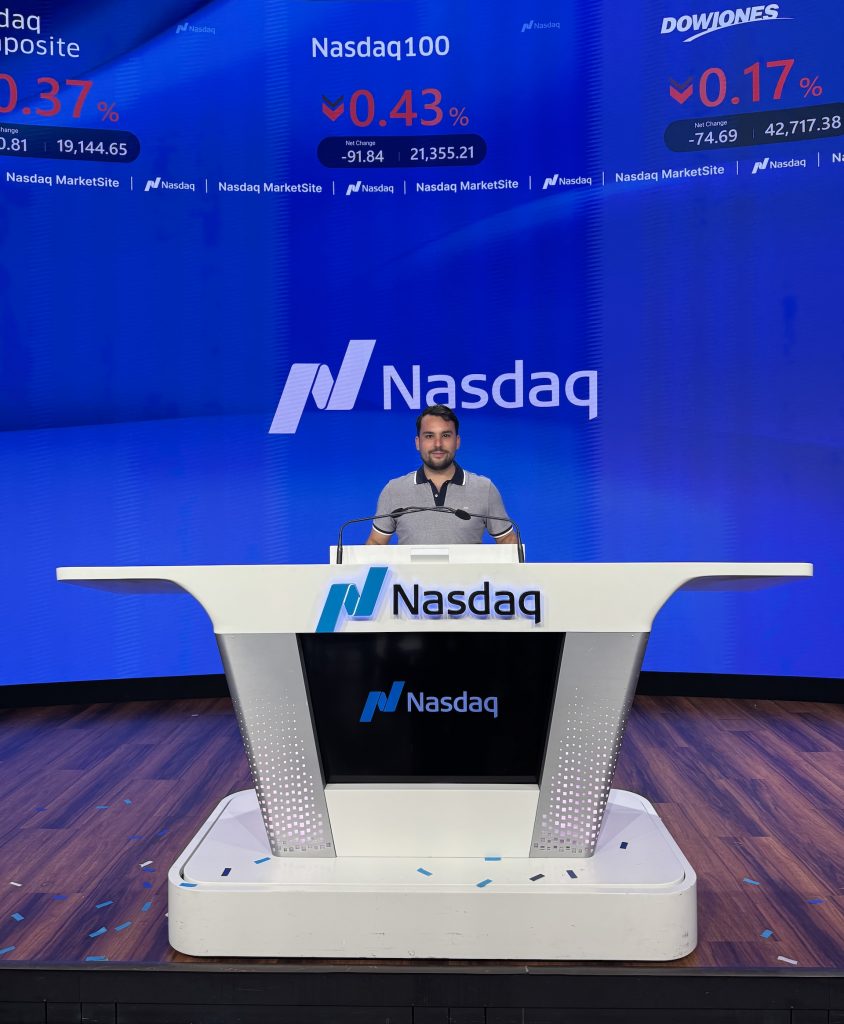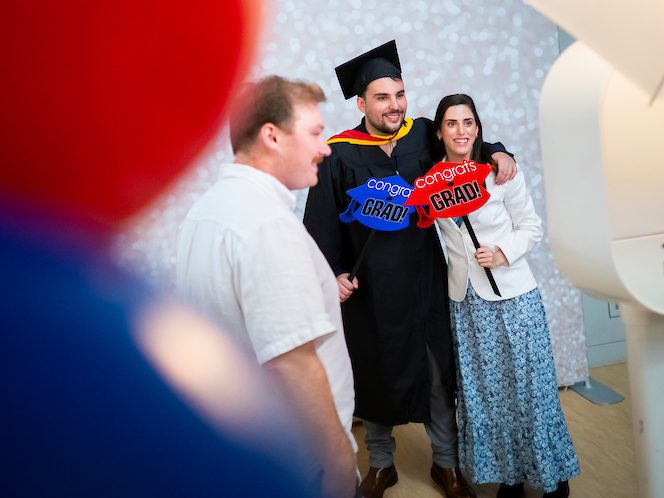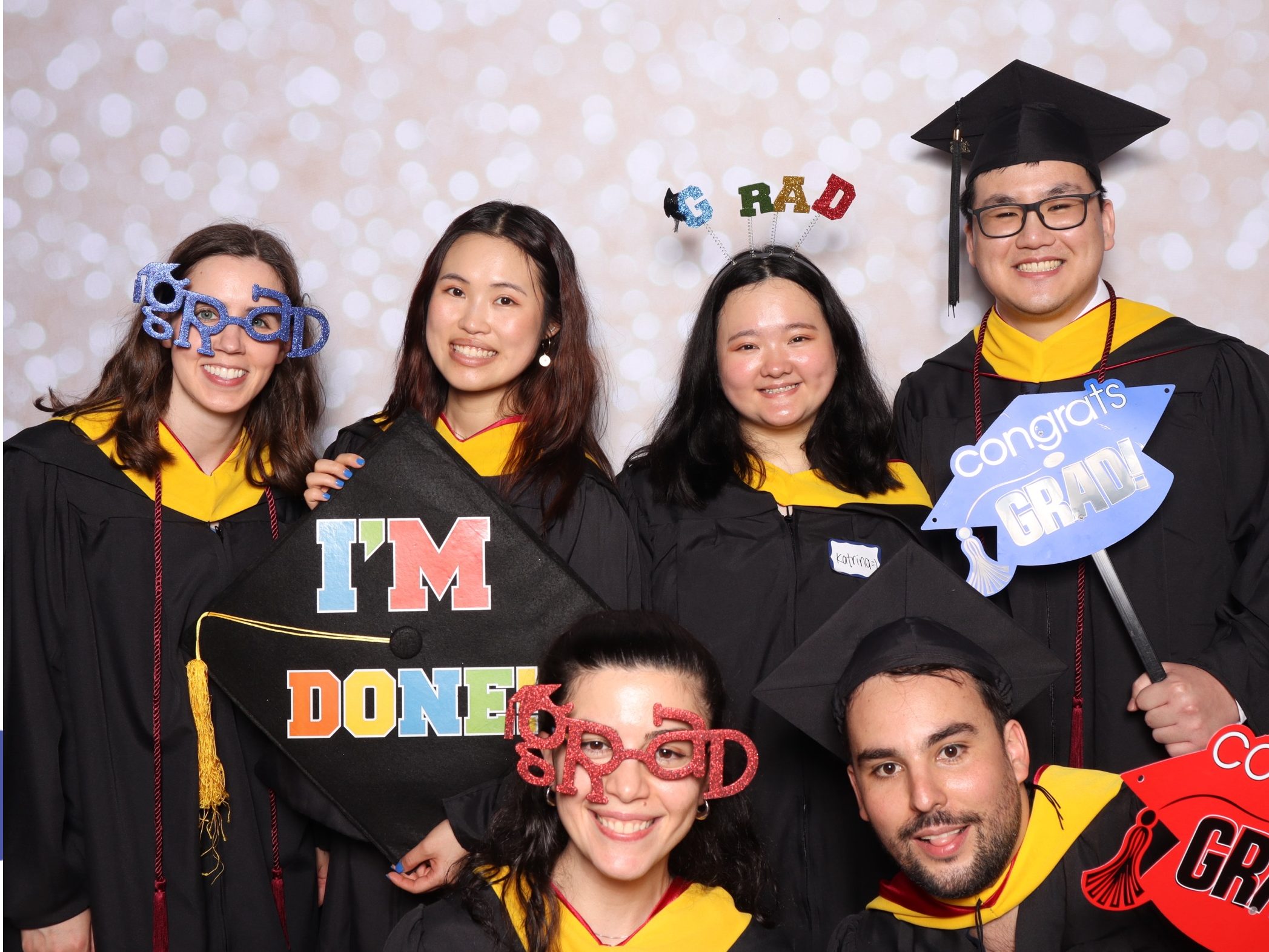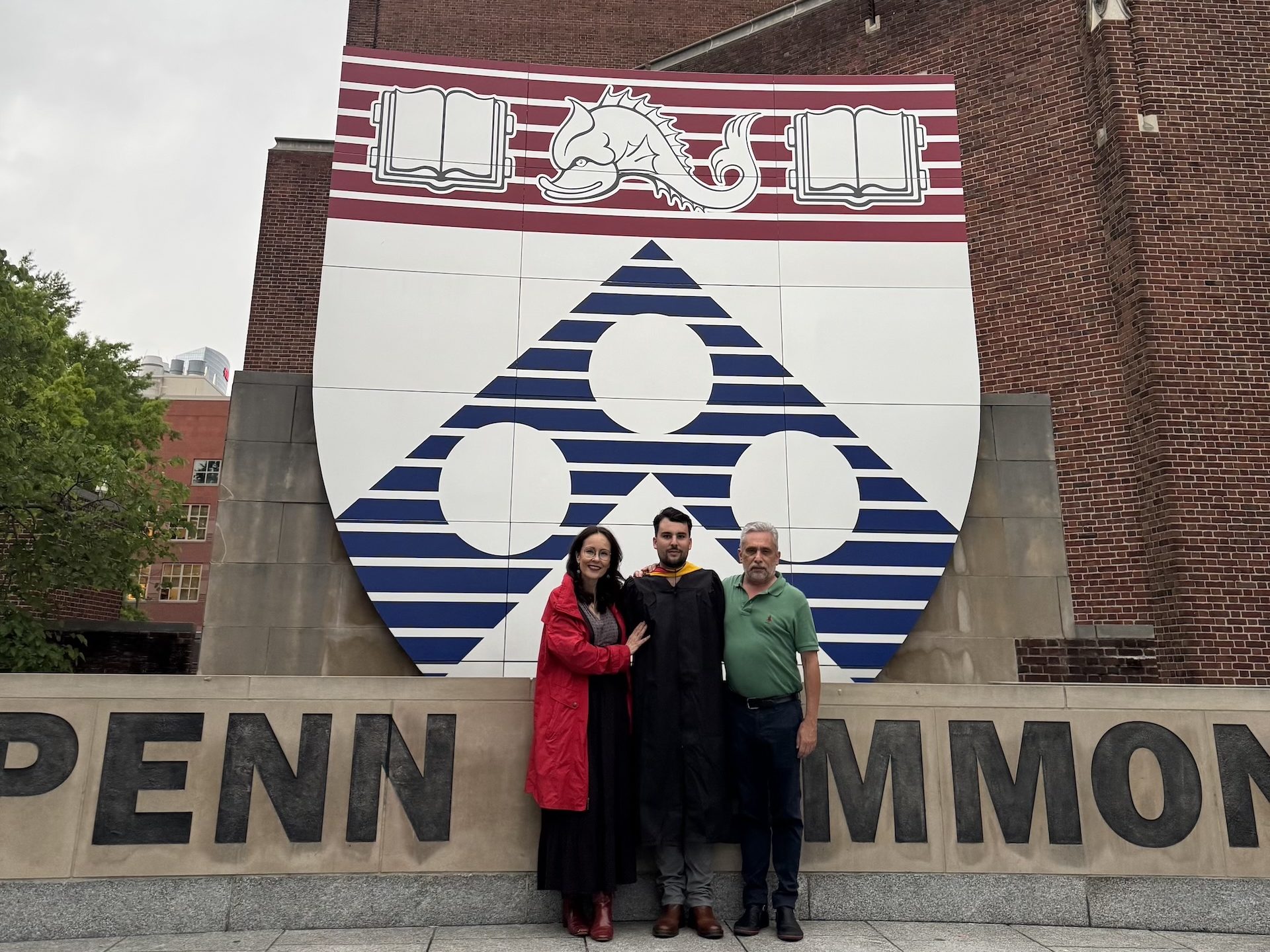The Art of Computer Science:
A Journey from MCIT Online to Quantitative Engineering
Esteban Morales, MCIT ‘25, has a unique variety of aptitudes and interests including artistic pursuits, a methodical approach to processes, and a deep curiosity about how things work. His ability to leverage his interdisciplinary enthusiasm has significantly enhanced his professional development and academic success in the MCIT Online program.
Following the completion of his undergraduate degree in Quantitative Economics, Morales began his career at AXA, a global insurance corporation, where he served as an Investment and Asset Liability Management (ALM) Specialist. In this role, Morales and his team were responsible for conducting economic analyses to guide the firm’s investment strategies. During his time at AXA, he observed that there was an opportunity to optimize many of the team’s manual operations. Recognizing a need for process improvement, Morales bought a book and independently began learning Visual Basic for Applications (VBA).
Although Morales had no formal background in computer science or programming, he possessed a strong foundation in quantitative disciplines and a solid analytics skillset. He was also able to draw upon his artistic sensibilities — honed through his experience as a painter and visual artist — to inform his self-study in programming. The prospect of teaching himself a new skillset was not daunting to Morales, who had previously taught himself to paint in 2018. After seeing Van Gogh’s 1889 self-portrait during a visit to the Musée d’Orsay, he decided to try to replicate the painting and, during the process, he sparked an artistic journey that continues to this day. With each painting he creates, he tends to write a philosophical reflection that examines how his inner thought process translated into the art.
Morales and several of his paintings
In many ways, as Morales ventured into a new journey with programming, he found himself relating his mindset and approach to his passion for painting.
“I felt like an empty script was like a canvas, and similar to what I do with art, programming meant translating what was in my mind into code,” he explains.
As he learned and acquired new capabilities, Morales successfully developed an algorithm capable of automatically projecting the future value of fixed-income assets. This innovation enabled him to transition manual tasks to automated processes, reducing some task completion times from one month to a single day. Morales realized he wanted to use these new skills for something that could make a bigger impact.
That’s when he started looking for a master’s degree program.
Finding A Master’s Degree Program With a Flexible Learning Style
Morales’ search for a graduate program was guided by specific learning needs and preferences. In past learning environments, he often found it challenging to take notes during live lectures and felt that his classroom experiences were not as impactful when he had to divide his attention, or when instructors moved through course content at a rapid pace. Therefore, online programs with pre-recorded lectures – like MCIT Online – proved ideal.
“Penn Engineering’s MCIT Online format allowed me to be in charge of the pace, which was key to ensuring full understanding of the concepts. I loved that the program was online and that everything was pre-recorded, so I could hit pause at any time. I also saw that it was really affordable, which was important to me.”
Since students are able to enroll in the MCIT Online degree program from anywhere in the world, Morales was also excited to be able to stay in Mexico, continue working at his job full-time, and avoid the hassle of having to relocate his life to accommodate on-campus attendance.
Learning the Language of Computer Science
Soon after enrolling in the MCIT Online program, Morales accepted a position as a Credit Risk Consultant at Murex, a leading provider of capital market software. In this role, he was tasked with showing the firm’s credit risk products to clients. Venturing into new professional opportunities, Morales sought a deeper understanding of the internal mechanics of the software — what he described as looking “under the hood.”
He was thrilled to be equipping himself with the knowledge and skills to dive deeper and see behind the scenes through his MCIT Online courses. As he began working through the MCIT Online curriculum, one of the first courses Morales was enrolled in was CIT 591: Introduction to Software Development, where he began learning Java. Reflecting on the experience, he remarked:
“It felt very natural, like learning another language. When I paint, I have a particular process to make it look polished and realistic. This course helped me apply the same process of thinking to the language of computer science.”
Moving through his course of study, Morales deliberately chose to take just one course per semester, which allowed for deeper engagement with the material which he credits for helping him to earn a final GPA of 4.0. Moving at this more conservative pace also provided flexibility to maintain work-life balance while juggling his full-time job and other personal commitments, so he recommends this approach to others who want to ensure that they can get maximum value from each course.
Morales reflected on one course in particular that had a significant impact:
“I loved CIT 592 (Mathematical Foundations of Computer Science). I have always had a mathematical mind, and during office hours with Professor Val Tannen, he commented that I should be a mathematician. This compliment really helped improve my self-esteem as an artist who loves math.”
Art by Morales
In addition to connecting with faculty for support throughout his degree, Morales enjoyed accessing academic guidance from Teaching Assistants through Penn Engineering’s portfolio of digital learning platforms. “Having Ed Discussion was great because I could submit all of my questions and was always really satisfied with the advice I received.” Outside of course-related support, Morales also was able to engage in conversation with classmates through Penn Engineering Online’s robust Slack community, which connects students on channels based on topics like career goals, shared interests, and geography.
Morales says he was amazed at how many other students were from Mexico.
“There was a community of students in Mexico that I had a great relationship with, and we even met up a few times in Mexico. Plus, when I came to campus for Fall Fest, I met a classmate from Bolivia who earned his bachelor’s degree from the small town where I grew up in Mexico. It is a really welcoming community with really smart people.”
Morales with classmates at Penn Engineering Online’s Fall Fest 2023
He also remarked on how learning amongst a cohort of international students who come from a wide range of personal and professional backgrounds promoted innovation and the embrace of varied perspectives. “If everyone had come from the same background, then everyone would have a similar mindset. But sometimes innovation comes from mixing different points of view and disciplines. Actually, most of the greatest advancements in engineering do. For example, when you try to replicate something that happens in the field of biology with a math model – like how I’m working right now with stochastic calculus, which is a branch of mathematics that came from analyzing how particles move in water. You can see how merging different fields of knowledge together can create a really good environment for innovation and promotes a broader sense of learning.”
Developing a Problem-Solving Mindset
Upon completing the foundational courses in the program, Morales was offered a role as a Senior Financial Engineer at Calypso, a financial services firm later acquired by Nasdaq. In this position, he is now responsible for software development, and has transitioned his career from a role centered around demonstrating products to becoming a contributor who is actively building products.
Morales credits the MCIT Online program with fostering a problem-solving mindset and equipping him with a strategic approach to solve technical challenges.
“If you want to transition to an IT position, many of the things that are taught in the program will resurface in your future job. It’s important to learn everything you can, because it is all very applicable for your future career.”
Morales finds that there are many topics and tools that he encountered during his coursework that helped him stand out in his job interviews, and that he now utilizes every day in his role. “The algorithms from CIT 5960 (Algorithms & Computation), the data structure from CIT 594 (Data Structures & Software Design) – even things like Linux, Kubernetes and Docker,” he explains.
The solid foundational knowledge and capabilities he has gained now allow him to make valuable contributions that have a palpable impact. “The impact is felt not only in our organization, but we have many clients all around the world – big banks, derivative exchanges, stock exchanges – whose daily operations in the financial markets rely on the computations that I’m doing, using all the knowledge that I gained through the program.”
MCIT Online Program Reflections
Having recently completed the program and graduated with his MCIT degree, Morales is now looking forward to continued advancement of his knowledge and abilities. “In the next couple of years, I am trying to further master everything I got from the program and keep improving what I am doing,” he says.
Morales at Penn Engineering’s 2025 Commencement with classmates and loved ones
Wherever his career journey leads, he also aspires to support his fellow Penn Engineering students and alumni who are looking to follow in his footsteps with similar journeys towards careers in financial engineering and quantitative development.
As he looks towards his bright future, Morales has also been able to reflect back on his time as a Penn Engineering student and everything that led him to where he is today. “When I was little, I felt like the Ivy League was unreachable. But actually being a part of this program and learning amongst really, really smart people – it felt like making a dream come true.”
Learn more about the MCIT Online degree and how this flexible, innovative program could help you pursue your own computer science aspirations:

